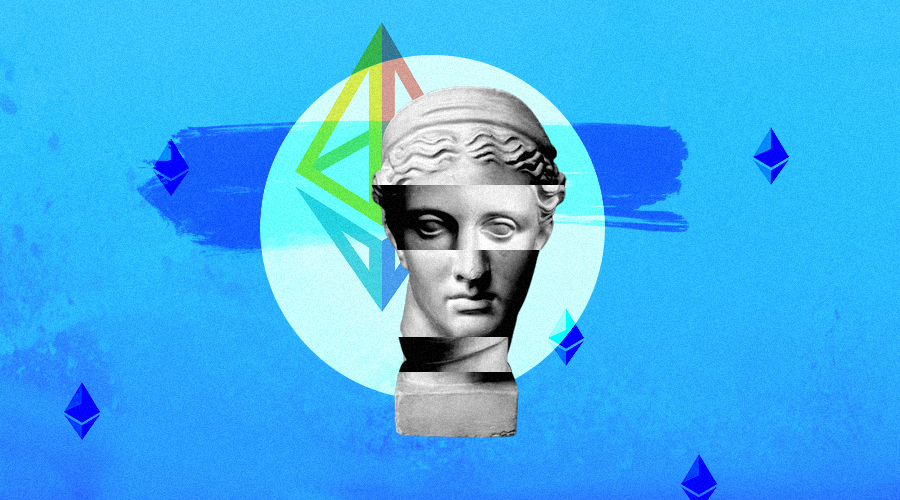 What roles do Ethereum and NFTs play in Decentralized Finance, are they essential for the industry
What roles do Ethereum and NFTs play in Decentralized Finance, are they essential for the industry
Decentralized Finance (DeFi) has emerged as a major disruptor in the traditional financial sector, providing a new paradigm of financial services through the use of blockchain technology. Within this realm are Ethereum, the world’s most popular blockchain, and NFTs. But what roles do Ethereum and NFTs play in Decentralized Finance?
What is DeFi and How Does it Work?
DeFi is a financial technology based on secure distributed ledgers, similar to the ones used by cryptocurrencies. It employs the same blockchain technology as cryptocurrencies. A blockchain is a distributed and secure ledger or database. dApps are applications that help handle transactions and run the blockchain.
Transactions are recorded in blockchain blocks and then they are verified by other users. If these verifiers agree on a transaction, the block is closed and encrypted, and a new block with information about the previous block is created.
The blocks are “chained” together by the information in each subsequent block, hence the name blockchain. Because the information in previous blocks cannot be changed without affecting subsequent blocks, there is no way to change a blockchain. This concept, along with other security protocols, contributes to the blockchain’s secure nature.
What are NFTs?
NFTs (Non-Fungible Tokens) are a type of cryptographic asset that represent unique units of value. They are unlike other tokens such as Bitcoin and Ethereum which are fungible, meaning that each unit is interchangeable with another. This makes them perfect for representing digital assets like collectibles, game items, or real estate. Nowadays many online platforms are helping their users to gain profit. NFTs can be stored on blockchain platforms like Ethereum and used to transfer ownership between users. They can also be used to represent rights and permissions within decentralized applications. For example, an NFT might be used to describe the voting power of a user in a Decentralized Autonomous Organization (DAO).
What are the benefits of NFTs?
The benefits of NFTs include:
Security: NFTs are stored on a blockchain platform where the network tracks and verifies them. This makes them secure and difficult to forge.
Transparency: The ownership of an NFT is transparent and can be verified by anyone on the blockchain.
Fungibility: Unlike other tokens such as Bitcoin and Ethereum, NFTs are not fungible meaning that each unit is unique. This makes them perfect for representing digital assets like collectibles, game items, or real estate.
Portability: NFTs can be transferred between users easily and quickly. This makes them ideal for use in digital applications.
Decentralization: NFTs are decentralized and not controlled by any central authority. This makes them secure.
Importance of NFTs and Ethereum in DeFi
NFTs can be traded on DeFi platforms, allowing investors to diversify their holdings and trade in and out of different assets. They provide many purposes in the ecosystem of decentralized finance directly as well, mainly categorized by their uses acting as collateral, insurance, liquidity provision, and insurance.
Ethereum is the most widely used platform for building decentralized applications, including DeFi protocols. The Ethereum network provides a secure and decentralized infrastructure that allows developers to build applications without the need for intermediaries such as banks or financial institutions.




